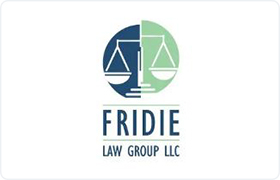Camden Divorce Lawyer, New Jersey
Sponsored Law Firm
-
 x
x

Click For More Info:
-
Fridie Law Group L.L.C.
101 Route 130 Suite 306, Madison Building Cinnaminson, NJ 08077» view mapDivorce & Family Law We Fight For Your Rights
Reach out to us today for legal help on your case. We're available for free consultations and return all calls and emails within 24 hours.
800-859-9690
Includes: Alimony & Spousal Support
Daniel K. Snyder
Alimony & Spousal Support, Child Support, Adoption, Children's Rights
Status: In Good Standing
Michelle E. Robinson
Alimony & Spousal Support, Corporate, Business Organization, Child Support
Status: In Good Standing
FREE CONSULTATION
CONTACTVincent L Robertson
Alimony & Spousal Support, Child Support, Farms, Divorce
Status: In Good Standing
Howard S. Mendelson
Age Discrimination, Affirmative Action, Alimony & Spousal Support, Adoption
Status: In Good Standing
Gary L. Borger
Adoption, Divorce, Child Custody, Family Law
Status: In Good Standing Licensed: 48 Years
Lois Garber Schwartz
Dispute Resolution, Farms, Family Law, Divorce
Status: In Good Standing Licensed: 46 Years
 James Fridie Cinnaminson, NJ
James Fridie Cinnaminson, NJ Practice AreasExpertise
Practice AreasExpertise
